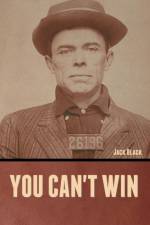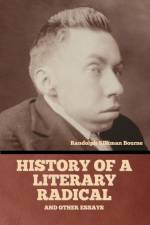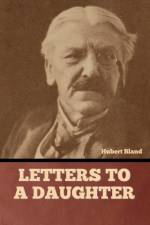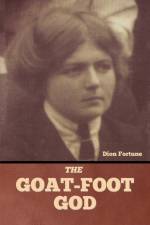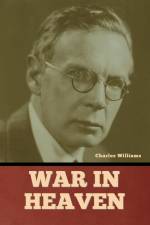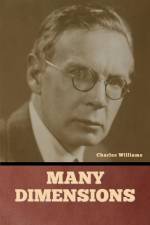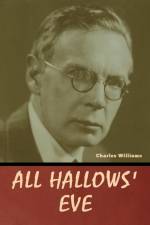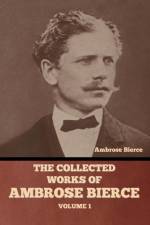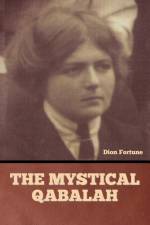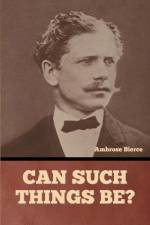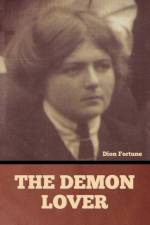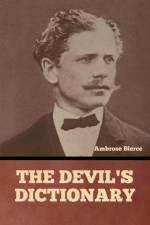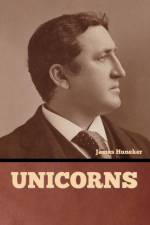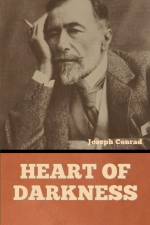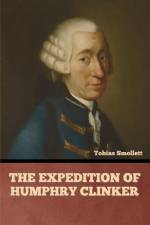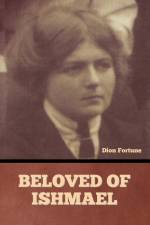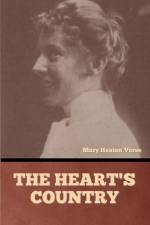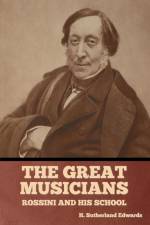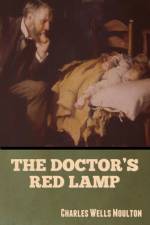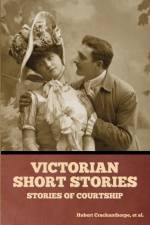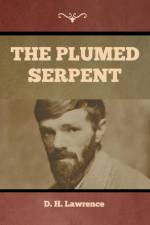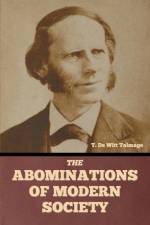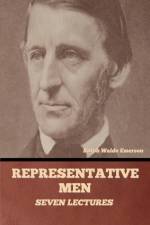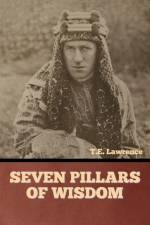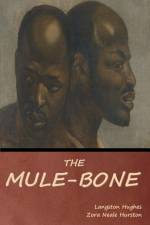von Hubert Bland
21,00 €
CONTENTSOn Life at Large On Going to Church On Being Delightful The Glamour of the Footlights The Rudeness of Women Dress and Fashion A Moral Question The Limits of Flirtation Men's Love The Man's Point of View The Domestic Hearth The Tree of Knowledge The Right Sort of Man Modern Marriage The Subtle Something About the author:Hubert Bland (3 January 1855 - 14 April 1914) was an English author and the husband of Edith Nesbit. He was known for being an infamous libertine, a journalist, an early English socialist, and one of the founders of the Fabian Society. Bland was born in Woolwich, south-east London, the youngest of the four children of Henry Bland, a successful commercial clerk, and his wife Mary Ann. He received his formal education in local schools.He was baptised on 14 March 1855 at St Mary Magdalene, Woolwich.As a young man, Bland, showed his "passion was for politics" by his "strong interest in the political ideas raised at social protest meetings."In 1883, the Blands joined a socialist debating group which evolved to become the (middle-class, socialist) Fabian Society in January 1884. On 4 January 1884, Bland chaired the first meeting and was subsequently elected to be the Society's honorary treasurer, a position he held until his sight failed in 1911. With Edward Pease. Bland served as co-editor of the Fabian News, a monthly journal.Nevertheless, "he sometimes disagreed with others in the group, and over the years he had been repeatedly outmanoeuvred and overruled by Shaw, Sidney Webb, and their supporters. Fellow members included Edward Pease, Havelock Ellis, and Frank Podmore."Socialism is the common holding of the means of production and exchange, and the holding of them for the benefit of all. . . . It is just when the storm winds blow and the clouds lour and the horizon is at its blackest that the ideal of the Socialist shines with divinest radiance, bidding him trust the inspiration of the poet rather than heed the mutterings of the perplexed politician.Hubert Bland, "The Outlook" in Fabian Essays on SocialismGeorge Bernard Shaw described how Bland intimidated other Fabian Society members, describing him asa man of fierce Norman exterior and huge physical strength... never seen without an irreproachable frock coat, tall hat, and a single eyeglass which infuriated everybody. He was pugnacious, powerful, a skilled pugilist, and had a shrill, thin voice reportedly like the scream of an eagle. Nobody dared be uncivil to him.Biographer, Julia Briggs, describes Bland as "an atypical Fabian":Bland was an atypical Fabian, since he combined socialism with strongly conservative opinions that reflected his social background and his military sympathies... He was also strongly opposed to women's suffrage. At the same time he advocated collectivist socialism, wrote Fabian tracts, and lectured extensively on socialism. Bland was unconvinced by democracy and described it as 'bumptious, unidealistic, disloyal... anti-national and vulgar'.Bland was (unlike most socialists) also an opponent of women's rights. He wrote:Woman's metier in the world-I mean, of course, civilized woman, the woman in the world as it is-is to inspire romantic passion... Romantic passion is inspired by women who wear corsets. In other words, by the women who pretend to be what they not quite are. ... (wikipedia.org)

